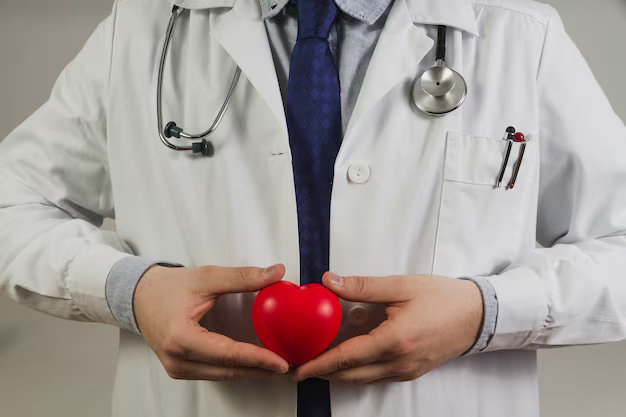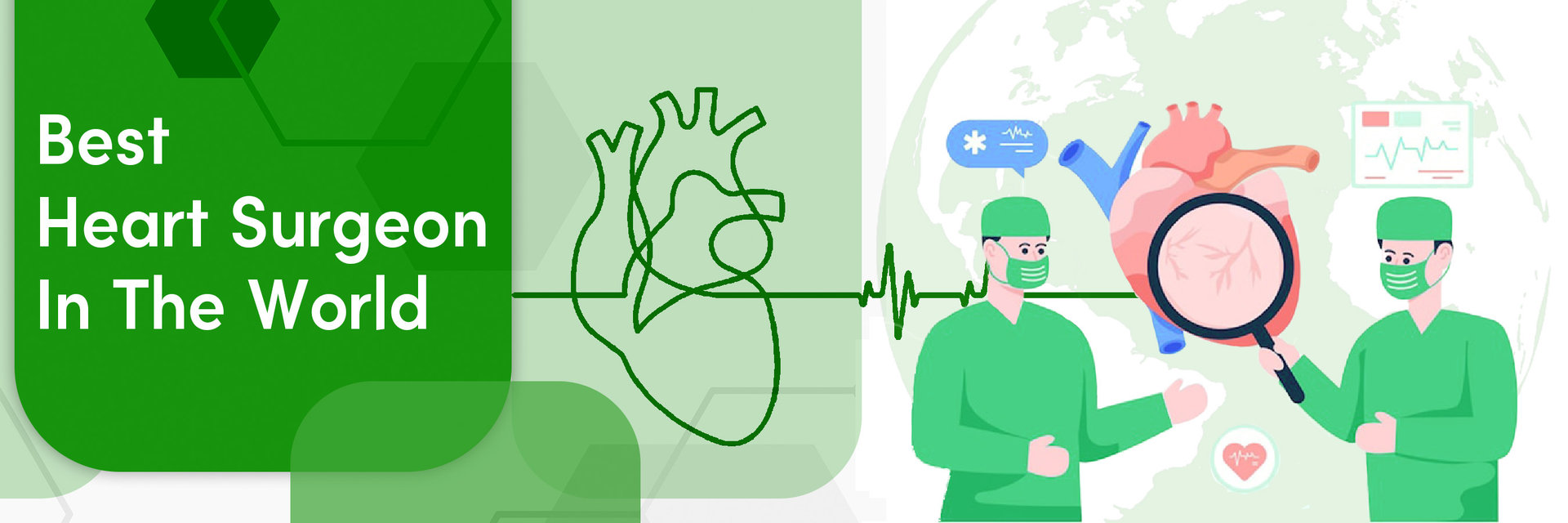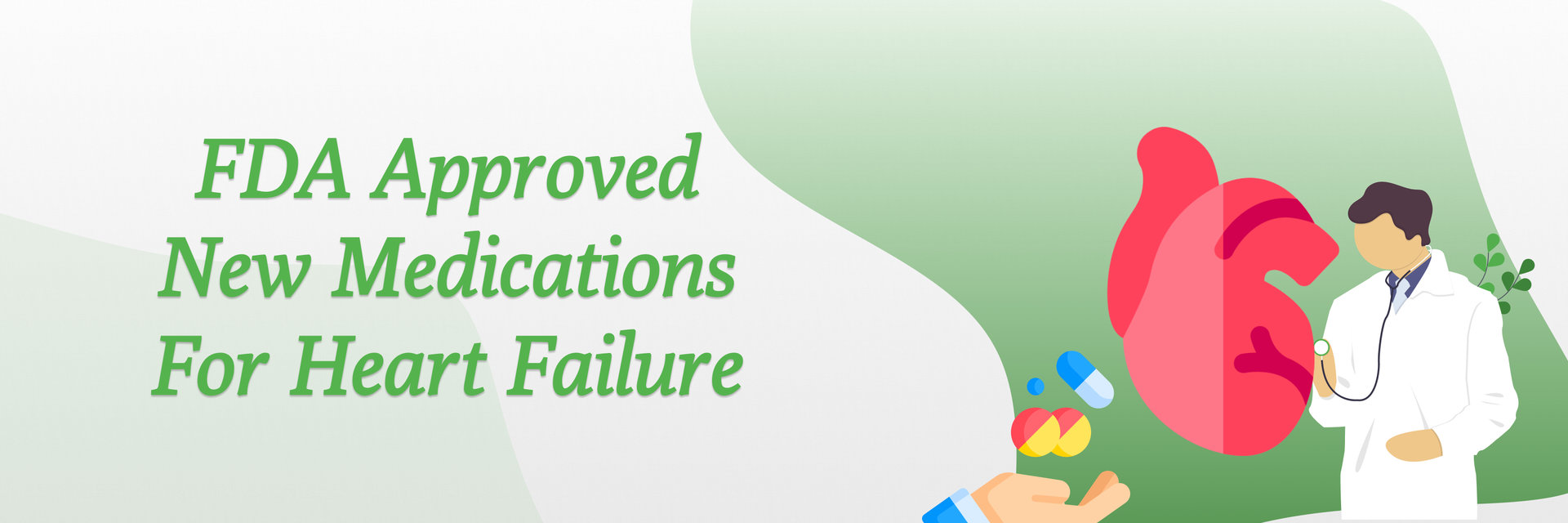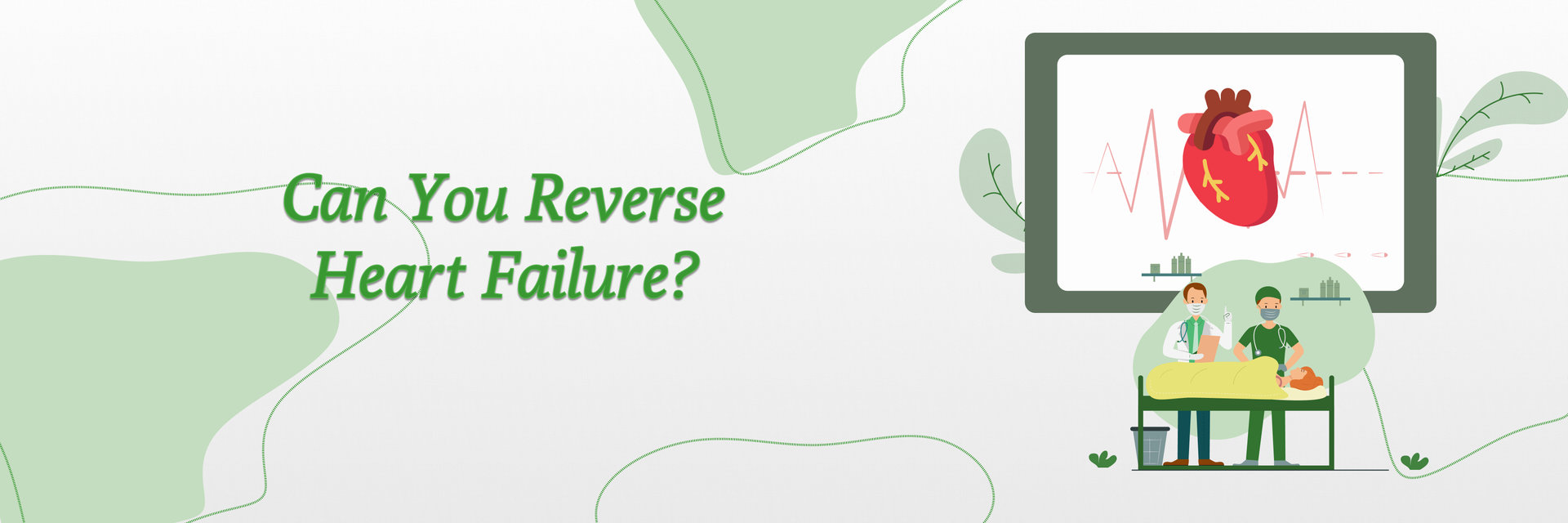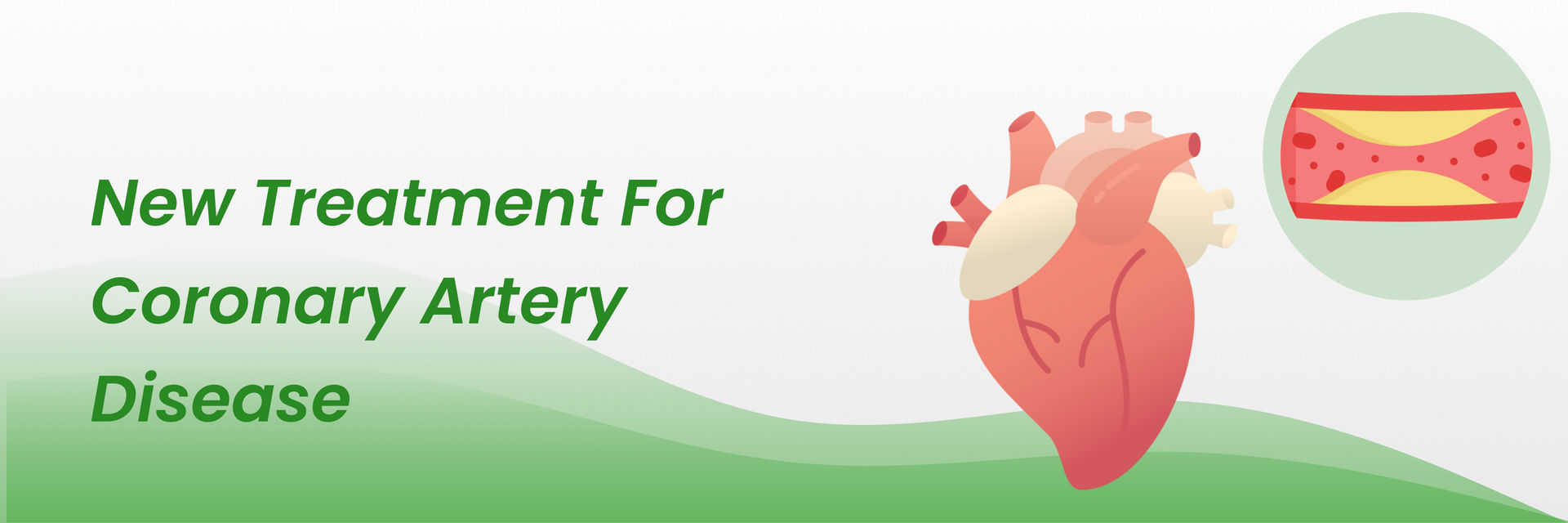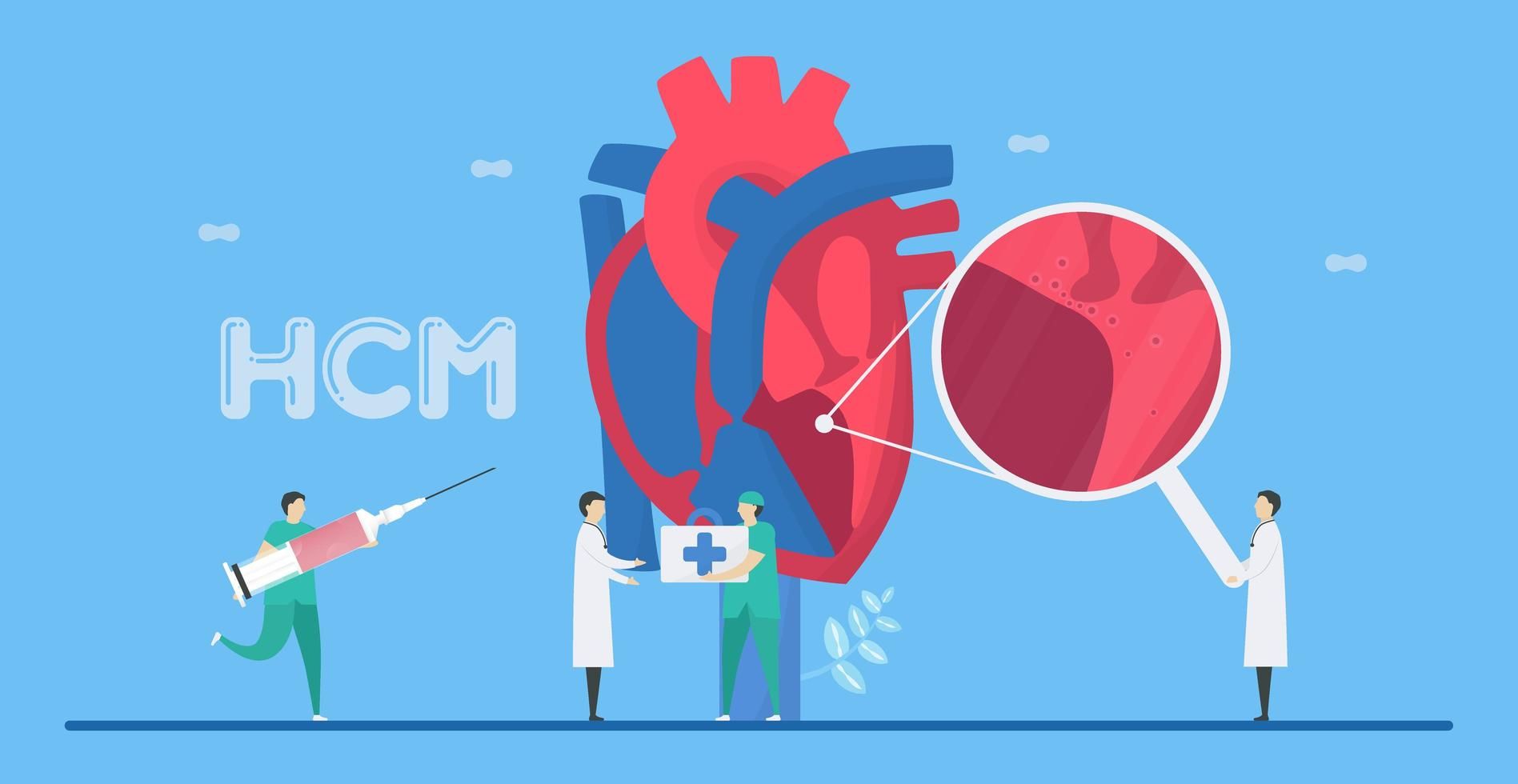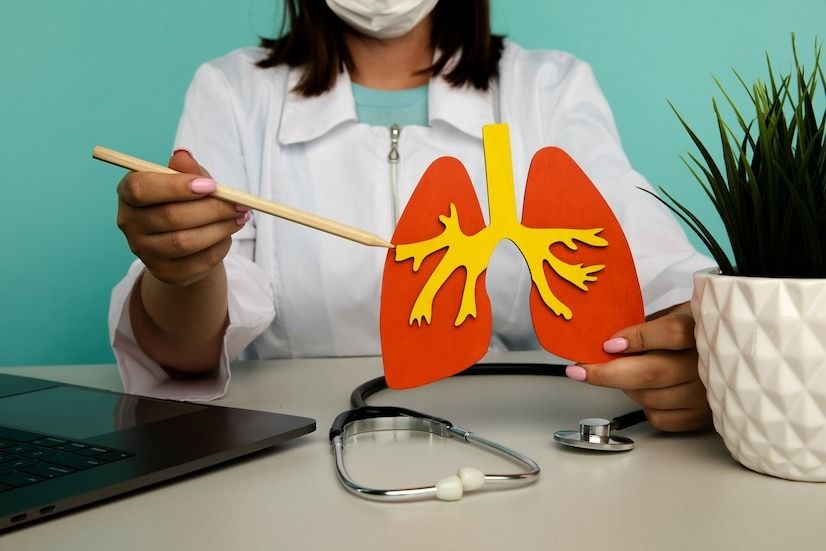Heart health requires a team of specialists, each playing a unique role in diagnosis, treatment, and recovery. Understanding their expertise helps patients feel informed and confident.
Let’s explore the professionals guiding cardiac care journeys.
Cardiologists
Whether you require a heart health checkup, cardiothoracic surgery, cardiac rehab, or outpatient heart care, you’ll need the services of a cardiology specialist.
There are a number of different professionals who work in cardiology. Firstly - you could need the help of a cardiologist.
This type of doctor focuses on diagnosing and treating heart conditions. They use tests like EKGs, stress tests, or echocardiograms to understand what’s happening inside your heart.
If you have chest pain, an irregular heartbeat, or a family history of cardiac disease, they’re often the first specialists you’ll see.
They manage chronic issues such as high blood pressure and heart failure but don’t perform surgery. Instead, they collaborate with cardiovascular surgeons if procedures are required.
They also help prevent heart problems through personalized treatment plans and lifestyle recommendations tailored to your needs.
Their goal is not just to treat current issues but also to help improve overall long-term cardiac health for patients at risk or recovering from conditions.
Cardiovascular Surgeons
Cardiovascular surgeons specialize in performing operations on the heart and blood vessels. Their work often addresses serious conditions, such as blocked arteries or valve issues, which require surgical intervention.
Common procedures include bypass surgery, valve repair or replacement, and aneurysm repairs.
These surgeons don’t usually manage long-term care but instead step in when surgery becomes essential for survival or improved quality of life. They often work closely with cardiologists to ensure patients receive comprehensive care before and after the procedure.
Recovery from heart surgery can take weeks to months. However, cardiovascular surgeons are trained to provide detailed post-operative instructions to support healing safely at home while minimizing complications like infections or excessive strain on the heart during recovery timeframes.
Cardiac Nurses
Cardiac nurses play a vital role in caring for patients with heart conditions. They work alongside cardiologists and surgeons to provide hands-on care during treatments, surgeries, and recovery.
Their responsibilities include monitoring vital signs, administering medications, and educating patients about managing heart-related issues.
In hospitals, cardiac nurses often assist during procedures like angioplasties or pacemaker insertions. In outpatient settings, they guide patients through lifestyle changes such as diet plans or smoking cessation to improve overall health.
They are also your go-to professionals for answering questions about day-to-day management of heart conditions.
With their expertise and compassion, cardiac nurses ensure that both medical needs and emotional well-being are addressed throughout treatment journeys.
Electrophysiologists
Electrophysiologists are cardiologists who focus on the heart’s electrical system. They diagnose and treat irregular heart rhythms, also known as arrhythmias, which can range from mild to life-threatening.
Using tools like electrocardiograms (ECGs) or Holter monitors, they study how your heart beats over time.
If necessary, they perform specialized procedures such as catheter ablations to correct abnormal rhythms or implant devices like pacemakers and defibrillators to regulate the heartbeat.
These treatments often restore normal rhythm and prevent complications like strokes.
Electrophysiologists also provide follow-up care for implanted devices to ensure they’re functioning properly.
Their work is crucial for patients with conditions like atrial fibrillation (AFib), ensuring improved safety and quality of life through precise diagnosis and targeted interventions.
Cardiac Rehabilitation Specialists
Cardiac rehabilitation specialists help patients recover and regain strength after heart surgery, a heart attack, or other cardiac events. They create structured programs combining supervised exercise, education on heart-healthy habits, and emotional support to aid recovery.
These professionals work with you to improve physical fitness gradually while monitoring your heart's response. They also provide advice on nutrition, stress management, and quitting harmful habits like smoking—all crucial for preventing future problems.
Rehabilitation often takes place in phases—starting with medically supervised sessions before transitioning into independent maintenance. This guidance helps rebuild confidence in physical activity while ensuring safety during recovery
With their expertise, these specialists aim to enhance both the quality of life and long-term outcomes for patients adjusting after significant cardiac events.
Pediatric Cardiologists
Pediatric cardiologists care for infants, children, and teenagers with heart problems. These may include congenital heart defects (present at birth), abnormal rhythms, or acquired conditions like rheumatic heart disease.
They use tests such as echocardiograms or MRIs to assess young patients’ hearts.
Because children’s needs differ from those of adults, these specialists focus on treatments that accommodate growth and development. They manage medical issues through medications, non-invasive procedures, or referrals to pediatric cardiac surgeons if surgery is necessary.
Their work also involves supporting families emotionally by explaining complex conditions in understandable terms and providing guidance throughout treatment.
Interventional Cardiologists
Interventional cardiologists are specialists who perform minimally invasive procedures to treat heart conditions.
They use techniques like catheterization to address blocked arteries, repair valves, or insert stents without the need for open-heart surgery. These methods often lead to faster recovery times compared to traditional surgical options.
Procedures such as angioplasty or placing a coronary stent are commonly done by interventional cardiologists. They’re typically performed in a cardiac catheterization lab with advanced imaging technology guiding every step.
Patients with conditions like coronary artery disease benefit significantly from their expertise.
These doctors also monitor outcomes closely after procedures, ensuring proper healing and reducing risks of complications.
Their focus is on restoring blood flow efficiently while minimizing discomfort and downtime for patients.
Wrapping Up
As we have seen, every cardiac care expert contributes uniquely to heart health. From diagnosis to recovery, their combined efforts ensure comprehensive treatment for any patient.
